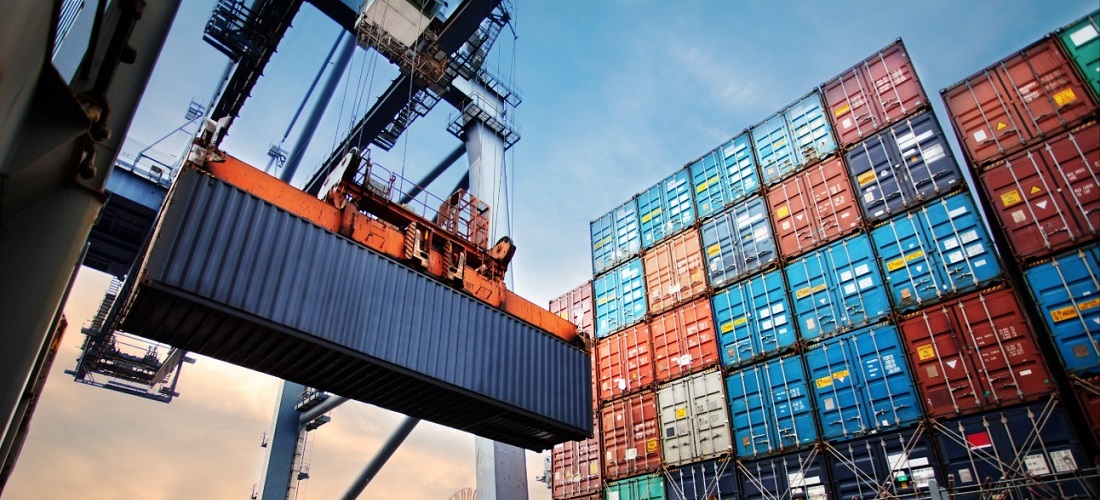
A CNI study found that 72% of companies have been affected by the Federal Revenue worker’s strike
May, 13, 2022 Posted by Gabriel MalheirosWeek 202220
The Federal Revenue worker’s strike, which began at the end of 2021, has worsened the situation for businesses, which are now experiencing long-term consequences such as contract termination. The Brazilian National Industry Confederation (CNI) consulted 163 companies that import or export goods. Out of this total, 72% had their production affected. The main issue mentioned is the slowness in good clearance, both in import and export.
Approximately 21.2% of importers saw their production interrupted, almost three times more than the 7.8% recorded in January when CNI conducted a similar survey. The issue was ranked sixth instead of eighth as the most commonly mentioned problem when comparing the two polls. Obtaining inputs and raw materials has become even more difficult due to the strike. Importers report 23.% delays in the delivery of goods, up from 7% in January. The issue jumped from 10th to 5th in terms of frequency.
The Federal Revenue worker’s strike extension exacerbated the long-term effects on the Brazilian economy. Delays in the delivery of goods were reported by 40.2% of exporters, up 16.8 percentage points (p.p.) from January and moving from the fourth to the second most common problem. When comparing the findings of this study to those of the previous one, contract cancellation increased from 1.8% to 7.6%, making it the 11th most common complaint.
Other difficulties mentioned by respondents were the increased delays in concluding cargo inspections, additional costs associated with storage, logistics and cargo handling issues, greater rigidity in cargo inspections and the use of verification channels, other documentation required, shipment operation suspensions, and depreciation of loads.
Foreign trade facilitation programs
In addition to the problems listed, the strike movement has also hampered the advancement of the Brazilian foreign trade facilitation and modernization agenda by compromising the development of programs, such as the Authorized Economic Operator (OEA in Portuguese).
Some companies have reported to the CNI that their entrance to the OEA program has been delayed. The program’s low-risk operator certificate provides benefits such as increased cargo agility and predictability in international trade flows, as well as lower transaction costs associated with customs activity.
According to a CNI study, full implementation of the OEA program by the end of 2022 would save exporters and importers a total of US$ 17.17 billion from 2018 to 2030 from increased customs efficiency.
Source: Portal da Indústria
Para ler o artigo original completo, acesse:
-
Economy
Nov, 19, 2021
0
Import tax on diapers and sanitary napkins is reduced
-
Ports and Terminals
Dec, 27, 2018
0
Port of Santos tariff revenues up 28.8%
-
Other Cargo
Dec, 20, 2022
0
Klabin Port Terminal (PAR-01) goes operational in Paranaguá
-
Other Logistics
Mar, 14, 2023
0
Russia allows 60-day extension to the Black Sea Grain Initiative


